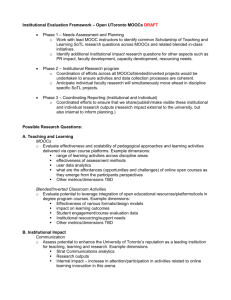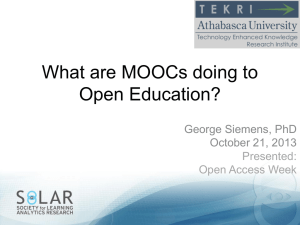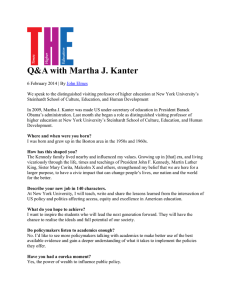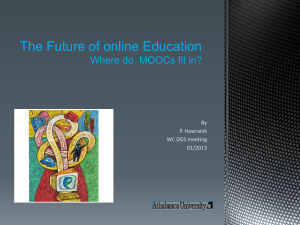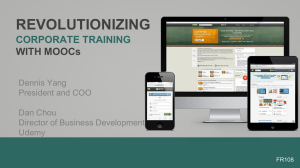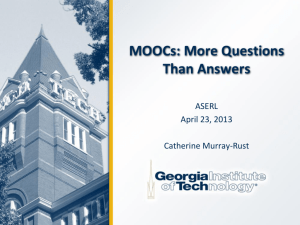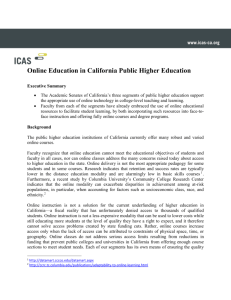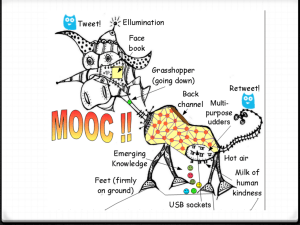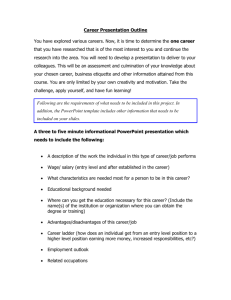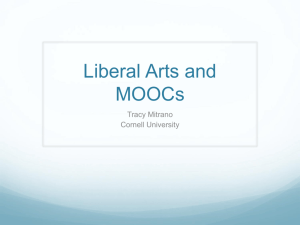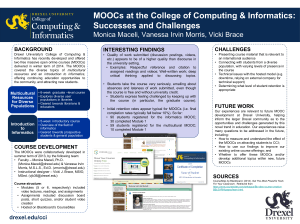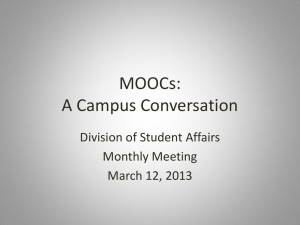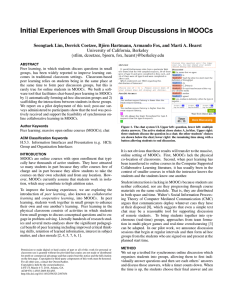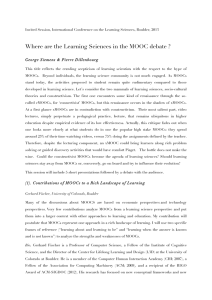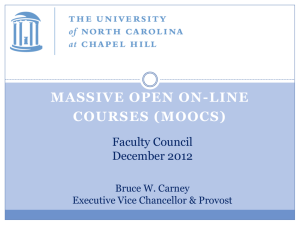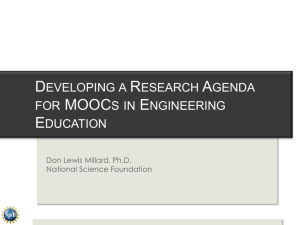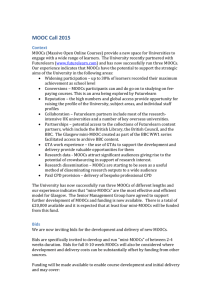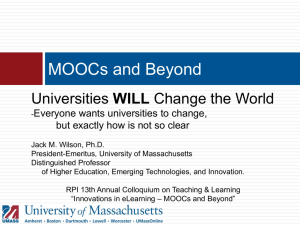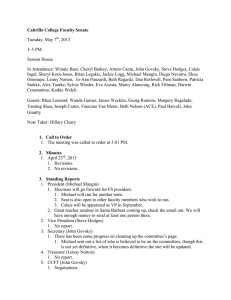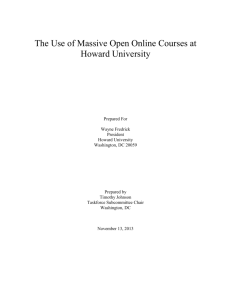Exam Review – Educational Technology
advertisement
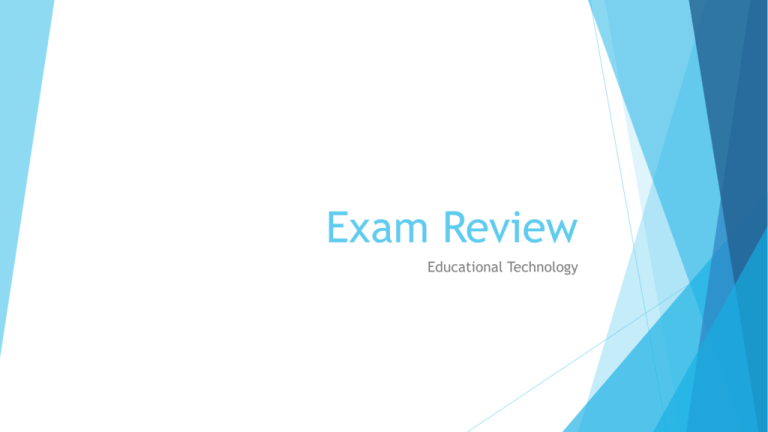
Exam Review Educational Technology Terminology and Theory 4 Historical Processes – Media and Audiovisual, Instructional Systems, Vocational Training, Computer Systems. What do each of these mean? What is the difference between hardware and software? What are the major types? History of Educational Technology 4 eras – pre-microcomputer, microcomputer, Internet, mobile technology. How did each change the way we use technology? What are some of the important lessons learned about educational technology from the past? Social Impact 5 social issues – quality of life, technology overuse, technology misuse, social networking risks, malicious actions 4 educational issues – lack of funding, accountability, best practices debates, distance education 3 cultural issues – Digital Divide, race and gender equality, disabilities 4 legal/ethical issues – hacking, safety, plagiarism and dishonesty, illegal piracy Digital Divide How can you define the Digital Divide? 3 major types of digital divide – economic, useability, empowerment. How would you define each? How does mobile technology affect the Digital Divide? How can we bridge the Digital Divide, both as a society and as individuals? PowerPoint What are the advantages of PowerPoint? Disadvantages? What are some different approaches to PowerPoint? What are best practices when using PowerPoint? Video How does Khan Academy work? What is the “flipped classroom?” How would it “democratize” education? Why can video be a benefit in the classroom, particularly the language classroom? Class Websites How does Google Classroom work? What are the privacy concerns associated with it? How does it aid teachers? What is required to make it work? What are some of the disadvantages? MOOCs What does MOOC stand for? What are the major companies offering MOOCs today? What are the advantages and disadvantages of MOOCs? What did Harvard and MIT learn in their recent study on who uses MOOCs? Digital Games What are the advantages of digital games over traditional or hands-on learning? What are some necessary things to make games effective teaching tools? What makes games particularly effective in today’s world compared with the past?
